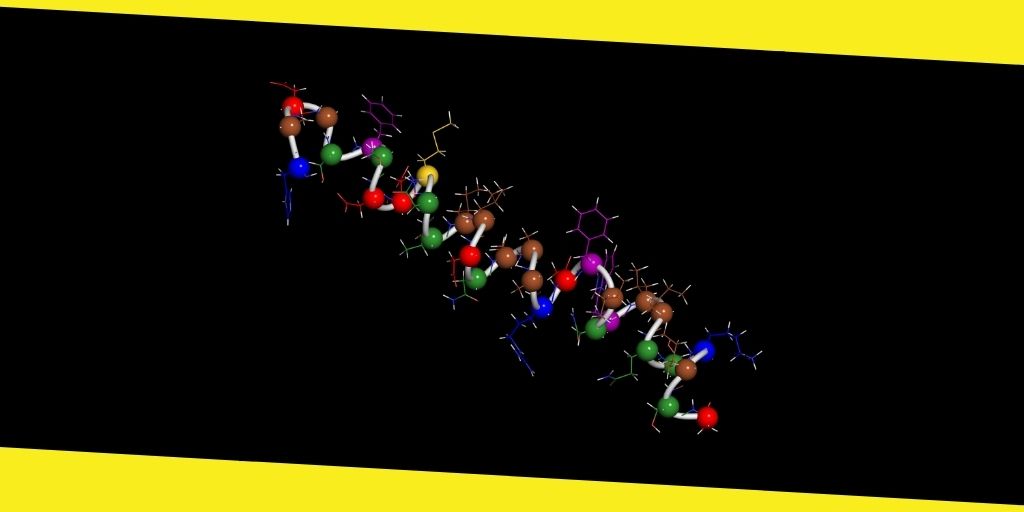Understanding the Role of Peptide Hydrogels in Cancer Progression

Having a more in-depth insight into cancer progression could be a huge step forward for the medical and pharmaceutical industries. Thanks to the research and work being done with peptide hydrogels, this is already becoming a reality.
Innovative, fully synthetic, reproducible peptide hydrogels have been used to support a wide range of applications. In particular, applications such as stem cells, organoids, bioprinting, and regenerative medicine. There have also been many success stories within cancer development and treatment using these gels.
Peptide hydrogels, such as PeptiGels created by Manchester Biogel, a leader in the design and manufacture of synthetic self-assembling hydrogels, help us understand the role of drugs in cancer progression and treatment research. Here we look at their use in cancer drug discovery and their ability to aid medical understanding of cancer progression.
Contents
ToggleBreast Cancer
Peptide hydrogels can support the formation of a 3D breast cancer tumour model. Tumour micro environments (TME) are a complex network of cancer cells, other cell types and extracellular matrix (ECM) molecules essential for developing tumours. Therefore, to enable testing of how cancer develops and its progression, these components must be replicated. Drugs targeting the TME in vitro also benefit from testing using scaffolding as it gives faster results, is easily replicated and comes at a lower cost than traditional testing methods.
The stiffness of PeptiGels can be modulated to mimic breast cancer tissue and enable targeted chemotherapy. Developments in peptide hydrogel have shown that PIDO peptide hydrogels positively affect tumour cells therapeutically, and they are less toxic to tissues. Research shows that this provides options for sustainable release targeted drug delivery, and it has advanced the solutions for studying 3D in vitro tumour models using animal-free materials and progress drug delivery.
Pancreatic Cancer
Pancreatic cancer is one of the more difficult cancers to diagnose, meaning patients often lose the ability for radical surgical tumour resections, and they have less clinical benefit from radiotherapy and chemotherapy. In pancreatic ductal adenocarcinomas, acidic fibrous tissue is found around the tumour, and this tissue hampers traditional drug delivery methods impacting a patient’s chance of survival. Cell proliferation is difficult to inhibit; however, PeptiGels PH and stiffness can be adapted to mimic the acidic fibrous cancer tissues, making them highly suited to mechanobiology and cancer treatment development.
Peptide hydrogel applications are helping to change the prognosis for those with pancreatic cancer. A study was carried out to evaluate the effectiveness and ability to target peptides in vitro and in vivo on pancreatic cancer cells. Results of which show that they could exert a significant inhibitory effect on tumour growth and toxicity.
In conclusion
The ability to mimic a range of cells between healthy and cancerous with tuneable stiffness peptide hydrogels allows opportunities to modulate mechanical and biochemical properties simultaneously. PeptiGels matrices open up the potential to discover new treatments and aid the diagnosis of breast and pancreatic cancer. Researchers and medical scientists learn critical information on mechanotransduction signalling pathways involved in cancer cell activation and survival.
The more we can understand how cancer starts, grows and develops, the greater chance we have of finding means of early identification, treatments, and cures that offer sufferers a greater chance of survival. Using synthetically produced peptide hydrogels that provide a lower cost testing solution is a successful and viable alternative to previous methods. The reduced requirement for human or animal tissue is undoubtedly a medical and ethical advancement. Research and development continually show we still have more exciting medical breakthroughs to come.
Recommended For You
Top 5 Spinal Cord Stimulator Advantages You Should Know
Most Inside
Most Inside offers high-quality recommendations and valuable updates to enhance all aspects of your life, providing premium guidance and enriching experiences.




